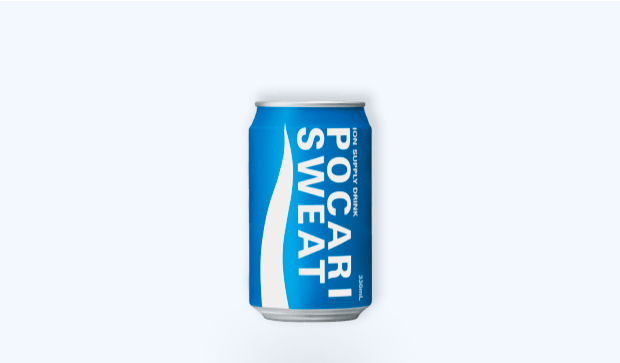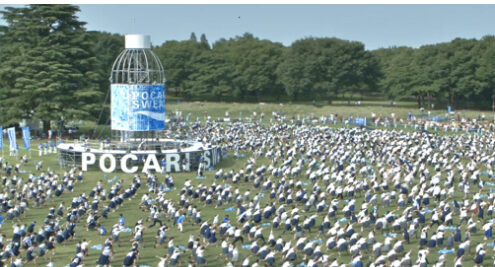You can get tired while running a short distance for many reasons. Some of the reasons include dehydration, insufficient warm-up, and poor nutrition.
Understanding and addressing this fatigue is critical to optimize performance and prevent injuries.
In this guide, I’ll highlight reasons for fatigue while running a short distance and how you can tackle it.
Causes Of Short-Distance Running Fatigue
Here are five reasons why you get tired from running a short distance:
- Dehydration: Dehydration is one of the leading reasons why you get tired after running a short distance. As explained by the National Library of Medicine, when you exercise, your body sweats to cool down. This causes you to lose water and electrolytes and can lead to dehydration. The result? A significant drop in performance, increased fatigue, and even potential heat-related illnesses.
-
Inadequate Warm-up: Skipping a warm-up is bad. Your muscles and heart won’t be ready for sudden, intense exercise like strength training. This can lead to inefficient energy usage and a quicker onset of fatigue. A proper warm-up boosts your heart rate and blood flow. This helps your muscles become more flexible and ready for fast running.
-
Poor Nutrition: Your body needs the right fuel to perform at its best. If you don’t eat enough carbs, you’ll run low on energy for tough activities, and your muscles will get tired. You also need to regularly take a healthy drink that supplies ion for peak performance.
-
Lactic Acid Buildup: When you sprint, your body produces energy without using oxygen. This leads to the accumulation of lactic acid. If the lactic acid goes too high, it can stop your muscles from contracting and make your legs feel heavy and tired.
-
Lack of Rest: Consistent training without adequate rest can lead to cumulative fatigue. After tough workouts, your muscles need time to heal from small tears. If you don’t rest enough, these tears won’t heal well. This can make you perform worse and increase your chance of getting hurt.
How To Tackle Getting Tired After Short-Distance Running
-
Proper Hydration Practices: Hydrate well before you run. Keep sipping every 15-20 minutes while running. Healthy drinks like Pocari Sweat quickly restore fluids and electrolytes. Remember hydration is not just about water. It’s also important to maintain the right balance of electrolytes. Electrolytes are crucial for your muscles.
-
Effective Warm-up Routine: A dynamic warm-up of at least 10-15 minutes is essential. Include easy exercises, then, gradually increase difficulty. You can jog, do dynamic stretches such as leg swings and lunges, and practice drills that mimic running.
-
Balanced Diet: Eat foods with lots of complex carbs, such as whole grains and veggies. Choose lean proteins like chicken, fish, and legumes. Include healthy fats from avocados and nuts and complement with a healthy drink. Remember, vitamins and minerals are essential for energy and muscle function.
-
Lactic Acid Management: Train your body to handle more lactic acid by alternating between fast and slow exercises in interval training. Doing longer runs at a medium speed can also make your body better at getting rid of lactic acid.
-
Adequate Rest and Recovery: Ensure you get enough sleep (7-9 hours per night is ideal for most adults). Deal with lactic acid by mixing fast and slow exercises during interval training.
Conclusion
In short-distance running, fatigue can be a significant barrier to peak performance.
Take care of your body by using a holistic approach. Take healthy ion supply drinks like Pocari Sweat for proper hydration.
This will boost your performance and make the sport more enjoyable. Don’t just push through fatigue; train smart and take care of yourself.




















